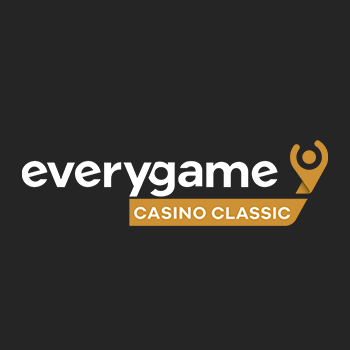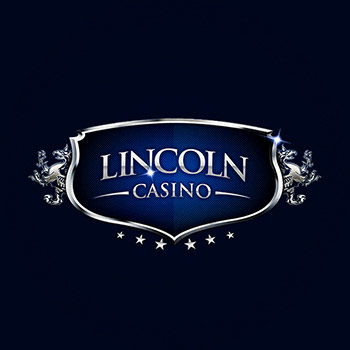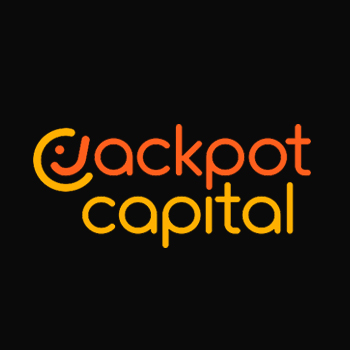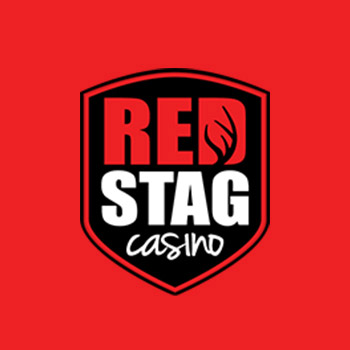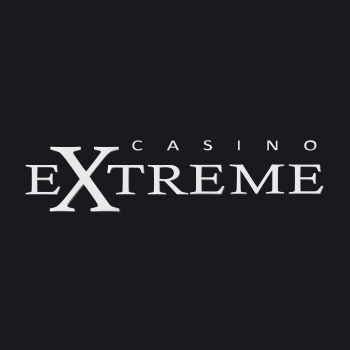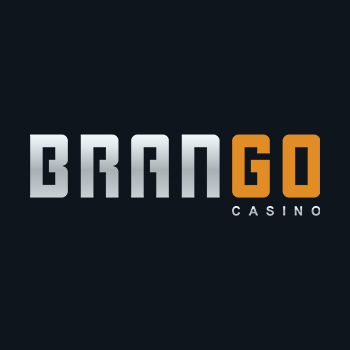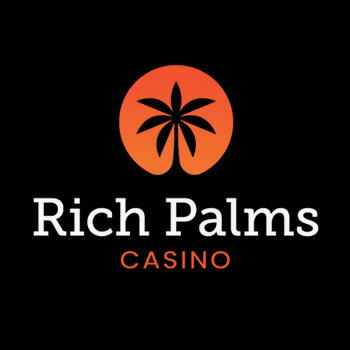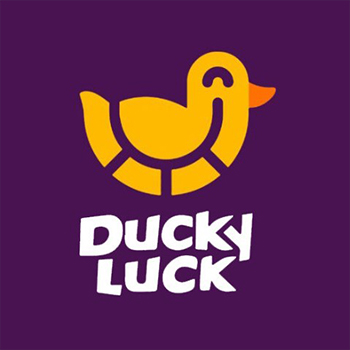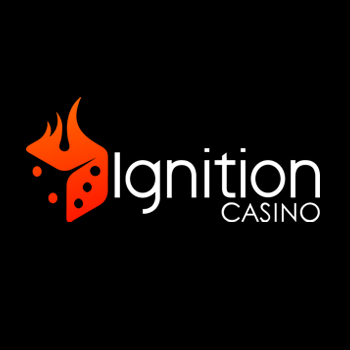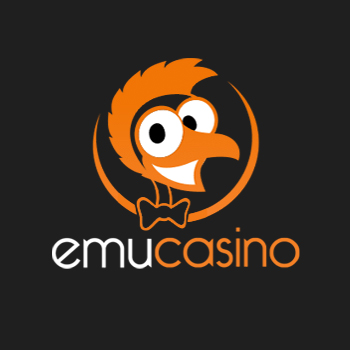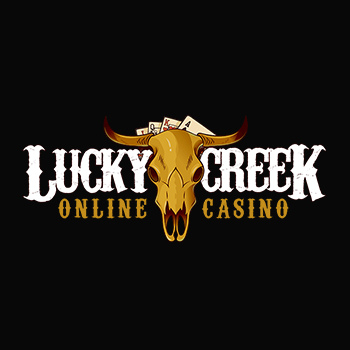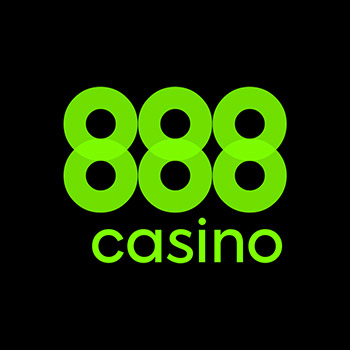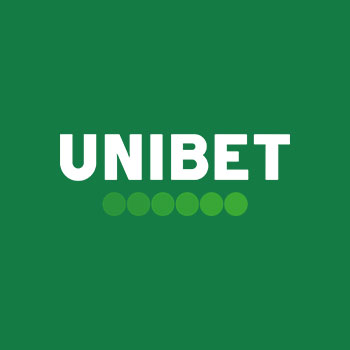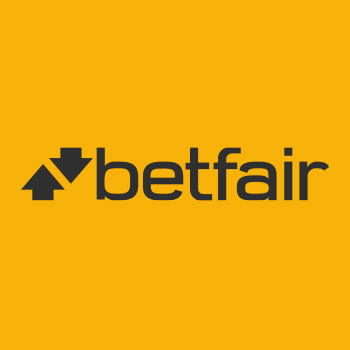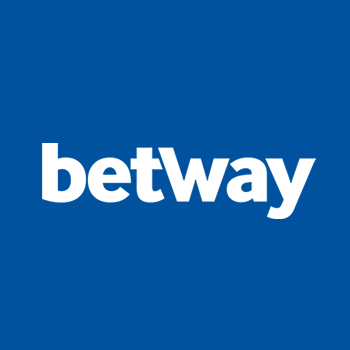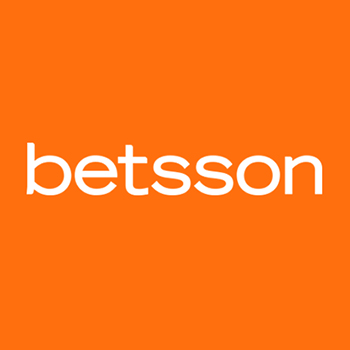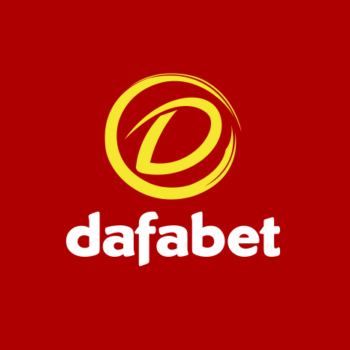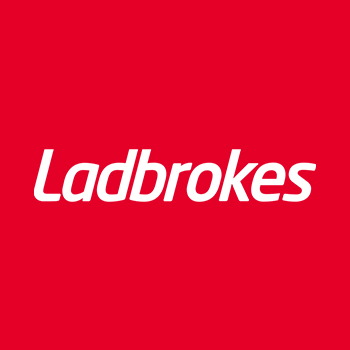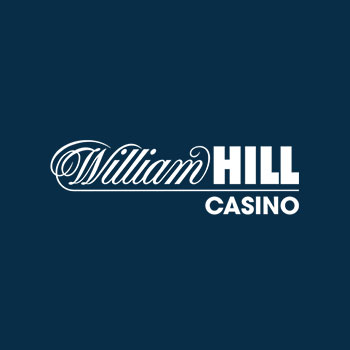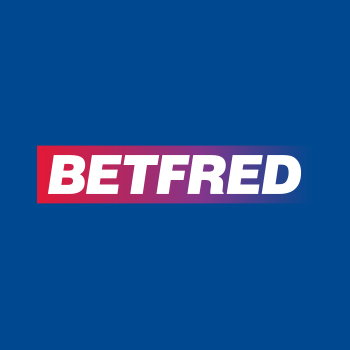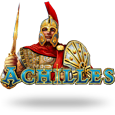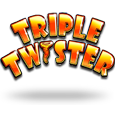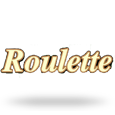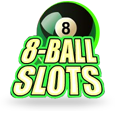CASINO NEWS DAILY
Founded in 2014, CasinoNewsDaily
covers the latest topics from the gambling industry. We are focused on providing our readers with accurate
news,
casino reviews
and in-depth
guides on games such as
blackjack.
Our guides are useful to beginners and also appeal to the more experienced player. Browse gaming strategies, tactics and thorough explanations of the most popular casino games. CasinoNewsDaily also researches iGaming's software providers and banking methods delivered in the form of detailed reviews.
Top Rated Online Casinos
Need help finding an California friendly online casino that perfectly suits your gaming needs?
Take a look at our list of the best, top-rated online casinos worldwide and choose your favorite gaming site. Based on our teams’ detailed and careful investigation, as well as genuine player feedback, this list is being regularly updated with the latest information, so that you never miss out on the freshest additions.
We are thoroughly inspecting all the important benchmarks of iGaming brands: good standing in the gaming community; fair terms of service; diverse and genuine integrated software; diverse deposit and withdrawal options as well as timely payments; available bonuses, promotions and loyalty programs; responsive customer support service.
To save you even more time in finding your ideal operator, we created handy filters to narrow down your search: simply move the sliders on the left to display casinos according to your desired bonus percentage, minimum deposit, number of slots, deposit method and game provider.
Don’t forget to toggle the knob on the right side to display only the casinos available to your country of residence.Enjoy!
Bonus percentage
Minimum deposit
Number of slots
Casino Rating
Online casinos accepting players from CALIFORNIA
Loading
Oh snap! There are no casinos shown for this country.
Top Casino Bonuses
Get your hands on the prizes, today! Claim the most valuable bonuses at top-rated online casinos.Casino News Daily has made browsing for bonus offers EASY for you. Instead of looking far and wide, make use of our comprehensive, up-to-date list of online casino incentives for a quick and hassle-free search.
From sign-up, match and cash-back offers, to extra spins and no-deposit bonuses – take your pick from the list below and enjoy promotions at thetop-rated operators on the market!
Popular Guides
Our highly informative and helpful guides offer everything you need to know about the games, rules, bets, strategies, odds, payouts, software, and many other facts about online casino gambling. Dedicate some of your time to read important pieces of information and gain much-needed knowledge that you can put to great use and increase your odds of winning.
Learn more about the most common betting strategies and how to use them to your advantage; some progressive jackpot tips and tricks will come a long way; and how about basic and advanced rules on all card game variants, including blackjack?
Go from an absolute beginner to a skilled, knowledgeable player in both theory and practice!
-
Roulette
Thorough guide about roulette rules, types, layouts, bets, odds, strategies and payouts.
-
Video Poker
Extensive guide about video poker basics, rules, strategies, games and pay tables.
-
Casinos by Countries
Complete guide about online casinos and gaming regulations in various countries.
-
Blackjack
Complete blackjack guide covering the rules, variations, basic strategy and card counting.
-
Progressive Jackpots
Progressive jackpot games guide including game types and software developers.
-
Slots
Comprehensive guide about slot game types, themes, providers and strategies.
-
Slot Themes
Slot themes guide presenting a thorough catalogue of slot themes and games.
-
Casino Strategies
Casino strategies guide covering the most common betting systems and their usage.
-
Live Dealers
Live dealer casinos guide including legislation, key components and popular games.
-
Craps
Craps guide which covers both basic rules and advanced player strategies.
-
Software Providers
Find extesive information about the casino software – how it works and who develops it.
-
Baccarat
The game of baccarat covered in a simple yet extensive guide to help you become a better player.
pachinko online casino
Find a list of all casino payment methods that you can use to deposit and withdraw at an online casino. Nowadays, there are so many banking gateways and payment services, as well as complicated rules on who can use them, from where and how.
Here you will find comprehensive reviews of the common banking options, from e-wallets and cryptocurrencies. Skrill, Neteller, Neosurf, Paysafecard, Visa, MasterCard, Instadebit, POli, iDeal, Bitcoin and many more.
What is the safest and what is the quickest way? Are there any methods you should avoid? Our list can help you decide what is the best and most convenient method for you to manage your gaming funds most efficiently.
pachinko gambling online
If you are the kind of player who prefers smartphones or tablets over desktop computers, our catalog of mobile-friendly casinos can be very helpful. You can find information such as what online casinos are best optimized for mobile use, how many offer mobile apps with special bonus offers for players on the go, or which among these you can load and enjoy smoothly in your browser?
Mobile casinos are a must for any busy gambler and we made sure to collect and rate each one of them!
pachinko online casino
Experienced players already know what they like to play while at an online betting shop. But sometimes, it’s exciting to explore new
software developers
and take unknown games for a test ride. If you need any assistance in finding your cup of tea in the iGaming world, take a couple of minutes to look at our list of
popular casino games, categorized by software providers:
NetEnt,
Microgaming,
This guide is made with the goal to improve your player experience and to help you find the perfect slot or table game for your taste. Once you come across something you like, simply click Play and enjoy discovering new features and never-before seen mechanics, or rediscovering the appeal of the classics.


